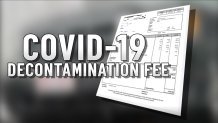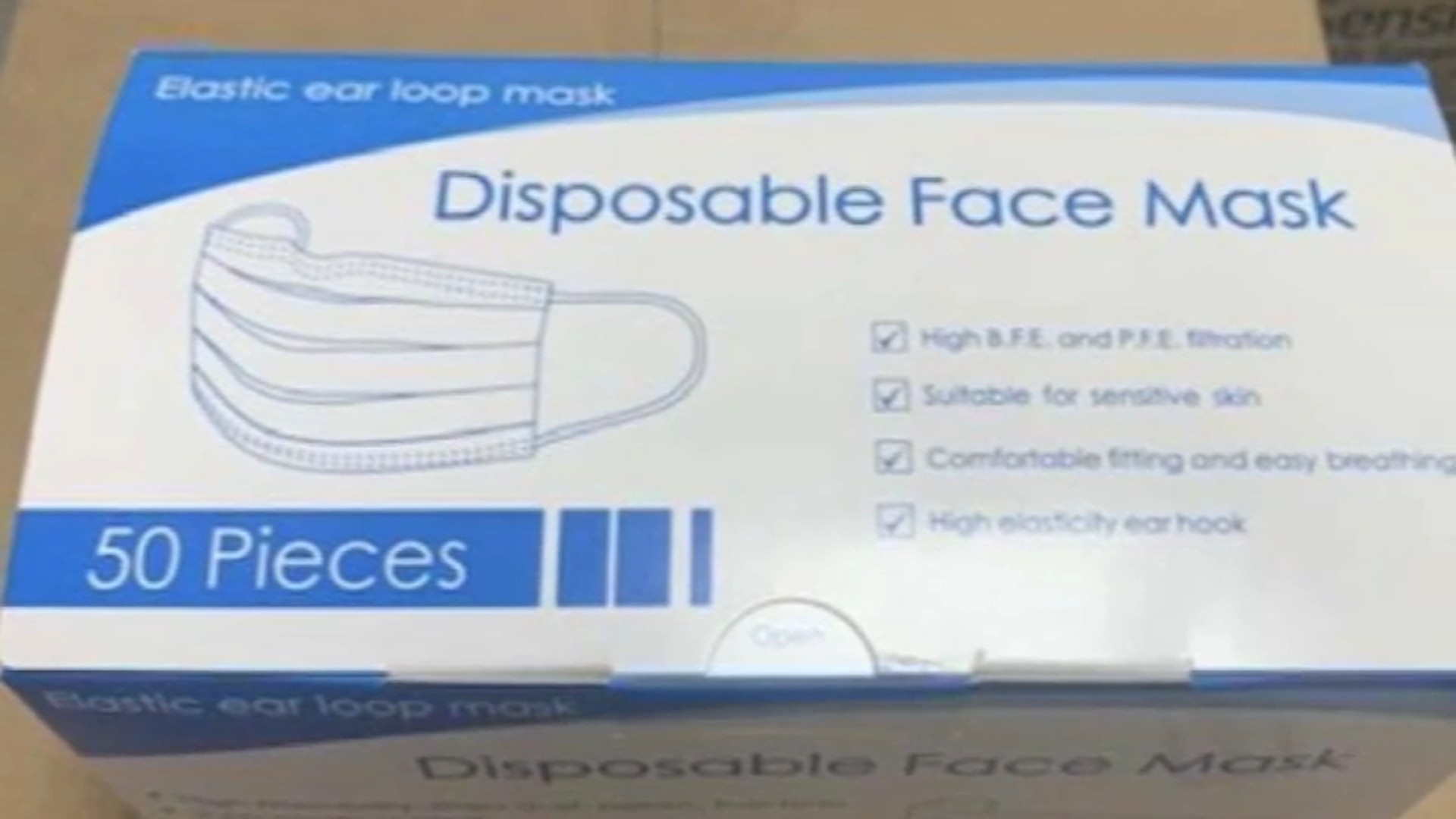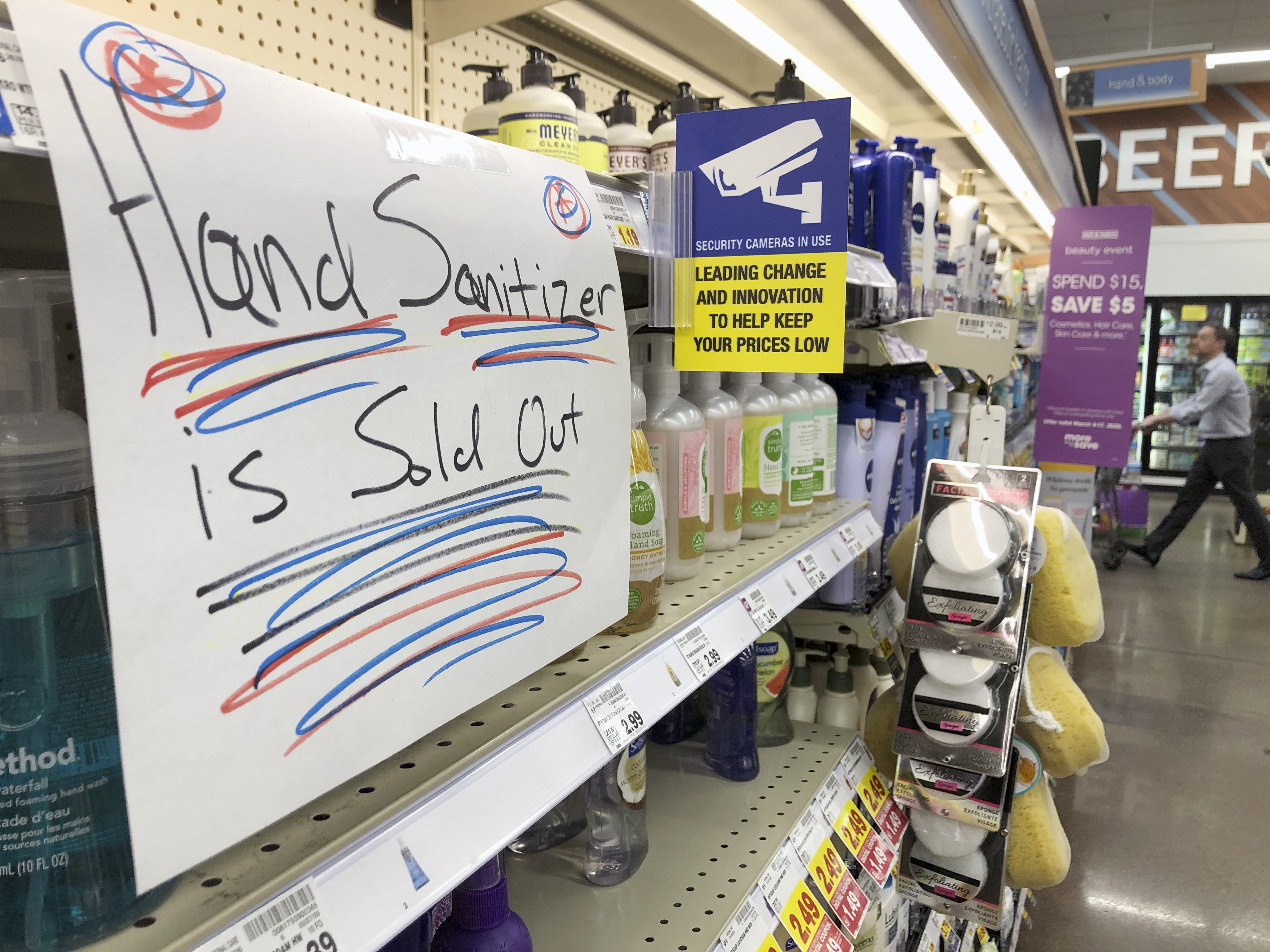On a snowy day in March, Chris Wiley was traveling on the Massachusetts Turnpike when he said a tractor-trailer started sliding into his lane of traffic near Charlton.
Wiley swerved to avoid a collision, lost control of his vehicle and ended up facing the wrong direction on Interstate 90.
Within minutes, a tow truck removed his vehicle from the highway. When Wiley showed up at the lot to retrieve his car the next day, he was greeted with a shocking bill.
Included with extra cleanup fees was a $237.50 line item for "COVID-19 truck and driver decontamination." The total bill was nearly $1,300.

"I thought it was price gouging at its best," Wiley told the NBC10 Boston Investigators. "It just shows that people are greedy."
When store shelves were empty, Daniel Boutte searched online to buy toilet paper. He spotted an ad on eBay for $14.99 and decided to buy two packages.
"I thought I was purchasing a lot of toilet paper because of the price," Boutte explained.
Instead, all that arrived at Boutte's home were two small rolls of single-ply toilet paper.
"Even if it was free, nobody in my household would use it," Boutte said. "I was angry that someone would take advantage of a serious situation."
Boutte and Wiley were among more than 400 consumers who have filed price gouging complaints with Massachusetts Attorney General Maura Healey since the beginning of the pandemic.
"We knew this was going to be an issue," Healey told the NBC10 Boston Investigators.
Back in March, the AG filed an emergency regulation prohibiting price gouging of essential products and services during the COVID-19 public health emergency.
Previously, under the state's consumer protection law, the only existing regulation related to price gouging addressed the sale of gasoline and other petroleum products.
The NBC10 Boston Investigators requested copies of complaints to review some of the situation consumers encountered.
More on coronavirus
There were items, big and small. Plenty of people complained about grocery prices (like a gallon of milk for $10), toilet paper, cleaning supplies and hand sanitizer. One woman reported the cost of her favorite donut had risen from $1.30 to $3.21.
Healey said some of the examples are legitimate price hikes because of higher costs of doing business during the public health crisis. But the AG said it was clear some businesses crossed the line.
"We don't want people exploited or taken advantage of during the pandemic when resources are short and people don't have the money," she said.
Among the most concerning examples are personal protective equipment, like masks and gloves meant to keep front-line healthcare workers safe.
"We have gowns that were selling for 10 cents before the pandemic that were selling for $10," Healey said.
The law allows for a $5,000 fine for each instance of price gouging. Healey said the state has not imposed any fines because companies have tended to take immediate corrective action once they receive a phone call from her office.
Healey was also part of a coalition of 33 attorneys general calling for online retailers like eBay, Amazon and Craigslist to monitor their platforms for price gouging.
Boutte said he would like to see the person punished who gouged him on the toilet paper purchase. He did receive a full refund and the seller was removed from eBay.
As for Wiley, he also got a resolution after contacting the AG and posting the towing bill on social media, which was quickly shared dozens of times.
Wiley said the owner called him to apologize and promised to make it right, releasing the vehicle without any of the excessive fees.
"You have certain people trying to make things bearable to live through this tough time," he expressed. "And then there's certain people who will take advantage of the situation and try to get a little richer."



